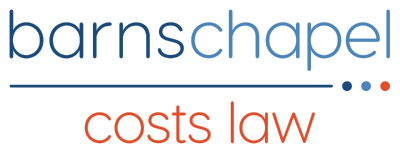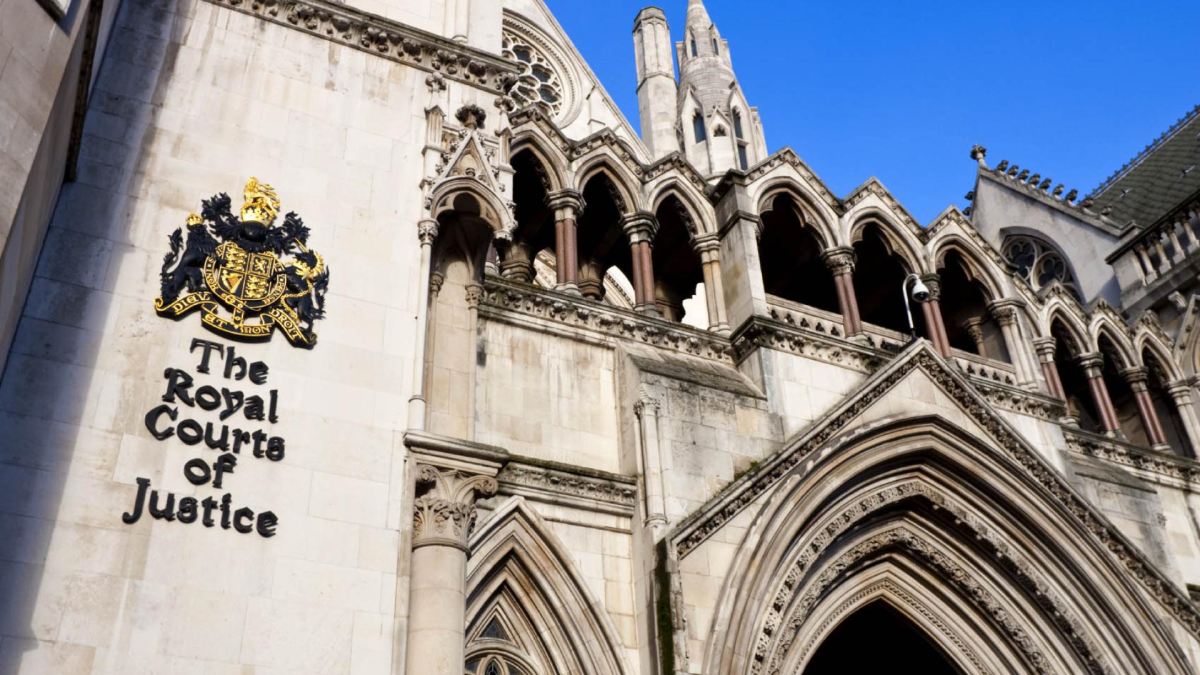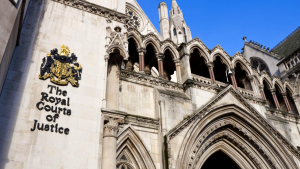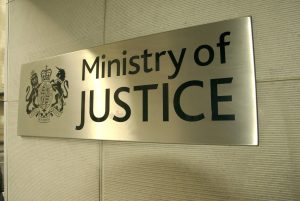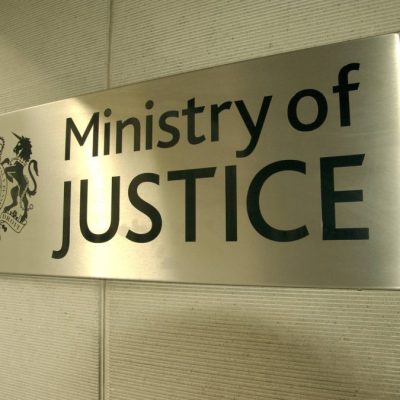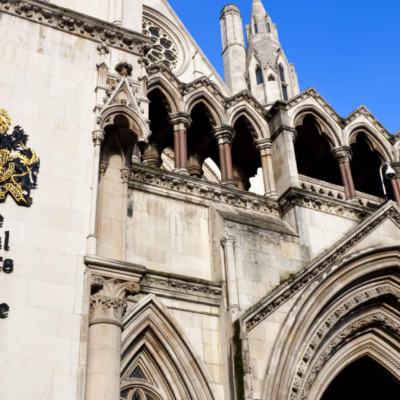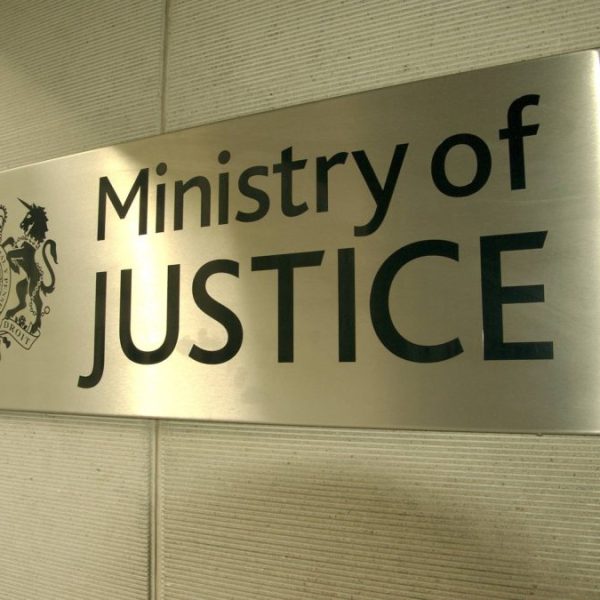Lessons from the Bench: Inside the Costs Budgeting Process
As costs professionals, we often see significant disparities between parties’ budgets – something highlighted in the recent case of Atlantic Ways Holding SA v Freetown Terminal Holding Ltd [2025] EWHC 674 (Ch), where Master Brightwell was tasked with budgeting the defendant’s costs.
He began by stating:
“It falls to me now to fix the defendant’s budget for these proceedings. This is a case where there is quite a disparity between the (agreed) budget for the claimant (£449,000) and the budget for the defendant (£808,000). In light of that, there has been something of a root and branch opposition by the claimant to the defendant’s budget. It may be appropriate therefore for me to set out some of the general principles which the parties’ submissions were based upon, even though they quite appropriately did not trawl through the authorities and the principles relevant to costs management.”
This set out his methodical approach to addressing this disparity and his taking into account comments made by Mr Justice Constable in GS Woodland Court GP 1 Ltd v RGCM Ltd [2025] EWHC 285 (TCC).
Particularly insightful was the Master’s granular phase-by-phase approach to each element, considering matters like potential fee-earner duplication, assumptions about responsive witness statements, and the proportionality of having multiple fee-earners attending trial.
What this demonstrates is that while budgeting remains somewhat unpredictable, Masters bring significant commercial awareness to the process. Those preparing budgets need robust justifications for phases significantly exceeding comparative norms.
The general principles highlighted by Master Brightwell were:
- The court sets a budget, not conducting a detailed assessment in advance – though recognising it won’t later depart from it without good reason.
- The court considers whether budgeted costs fall within a reasonable and proportionate range – costs may be at the outer limit but still acceptable.
- CPR 44.3(5) is the reference point for the court’s assessment of proportionality, with value and complexity being the main factors.
- When approving a party’s budget, the court must have in its mind what would be allowed at a detailed assessment of costs claimed on the standard basis.
- Proportionality trumps reasonableness – as CPR 44.3(2) clearly states, reasonable but disproportionate costs will be reduced.
- Direct budget comparisons should be avoided, though one party’s budget inevitably influences consideration of the other’s.
This case also highlighted the ongoing tension between guideline rates and actual market rates. Master Brightwell noted both parties exceeded guideline rates by 20-30% and referenced Constable J’s comments in GS Woodland Court that London 1 rates would be “the high point” for this type of commercial matter.
